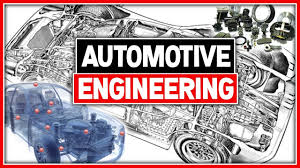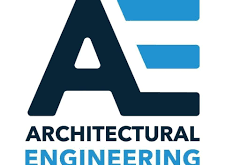Here’s a list of top certifications relevant to automotive engineering that professionals might consider:
- Certified Automotive Engineer (CAE): Offered by various organizations, this certification validates expertise in automotive engineering principles, vehicle systems, and design.
- Certified Vehicle Electrification Professional (CVEP): Focuses on electric and hybrid vehicle technologies, covering batteries, power electronics, and electric propulsion systems.
- ISO/TS 16949 Certification: Specifically for quality management in the automotive industry, demonstrating compliance with international standards for automotive production and relevant service part organizations.
- Automotive Functional Safety Professional (AFSP): Covers the ISO 26262 standard for functional safety in automotive systems, ensuring engineers can design and validate safety-critical systems.
- Certified Automotive Technician (ASE): Recognized in North America, ASE certifications validate competence in various aspects of automotive service and repair, including engine performance, brakes, and electrical systems.

- Certified Automotive Parts Specialist (CAPS): Focuses on understanding automotive parts and their applications, essential for those involved in parts manufacturing, distribution, or sales.
- Certified Automotive Service Manager (CASM): Validates managerial skills in automotive service operations, covering customer service, team management, and business operations within a service department.
- Certified Automotive Systems Engineer (CASE): Focuses on system-level engineering for automotive applications, covering integration, validation, and optimization of complex automotive systems.
- Certified Professional in Automotive Engineering (CPAE): Covers a broad spectrum of automotive engineering topics, including vehicle dynamics, materials, manufacturing processes, and environmental considerations.
- Six Sigma Green Belt Certification: While not automotive-specific, Six Sigma methodologies are widely used in automotive manufacturing and supply chain management for process improvement and quality control.
These certifications vary in scope and relevance, catering to different aspects of automotive engineering from design and development to manufacturing and service. Choosing the right certification depends on career goals, specialization, and geographic region.
 Clear My Certification All Certification Exam Answers
Clear My Certification All Certification Exam Answers
